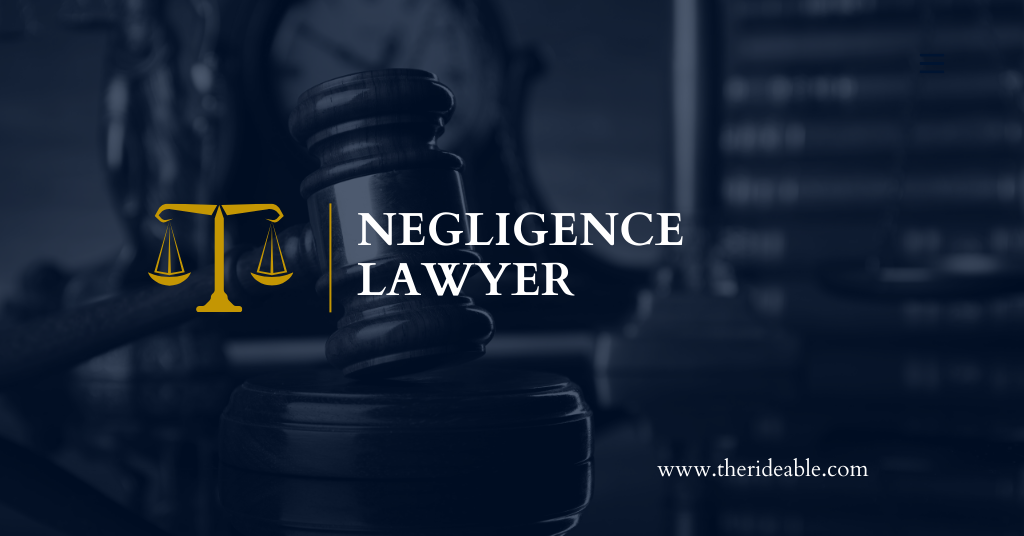Accidents and incidents are an unfortunate reality in a world full of activities. When these incidents occur due to someone’s carelessness or negligence, it has serious consequences for the affected parties. This is where a malpractice attorney steps in, advocating for the rights and compensation of those who have been harmed by the actions or inactions of others.
Defining Negligence
Contents
Negligence is a legal concept that revolves around the failure to exercise reasonable care in a situation, resulting in harm to others. It is a fundamental principle of tort law, which addresses civil wrongs, including personal injury cases.
Elements of Negligence
To establish a negligence case, a lawyer must prove four key elements:
- Duty of Care: The defendant owed a duty of care to the plaintiff. This means that the defendant had a legal obligation to act reasonably and avoid causing harm.
- Breach of Duty: The defendant breached this duty by failing to exercise reasonable care. This breach can arise from actions taken or omitted.
- Causation: There must be a direct link between the defendant’s breach of duty and the harm suffered by the plaintiff. This involves proving that the harm would not have occurred “but for” the defendant’s actions.
- Damages: The plaintiff must have suffered actual harm or losses. This can include physical injuries, emotional distress, property damage, or financial losses.
The Role of a Negligence Lawyer
A negligence lawyer, also known as a personal injury lawyer, specializes in handling cases where individuals or entities are seeking compensation for injuries or damages resulting from negligence. Their primary role is to guide their clients through the legal process, from initial consultation to resolution.
1. Case Evaluation and Consultation
The process usually begins with an initial consultation where the lawyer reviews the merits of the case. They will listen to the client’s account, review any available evidence, and determine whether the case has legal merit.
2. Investigation and Gathering Evidence
If the lawyer believes there is a valid claim, they will proceed to gather evidence. This may include interviewing witnesses, obtaining documents, and, if necessary, consulting with experts. A thorough investigation is crucial to building a strong case.
3. Legal Strategy Development
Based on the evidence gathered, the lawyer will develop a legal strategy tailored to the specific circumstances of the case. This may involve negotiating with the opposing party or filing a lawsuit.
4. Negotiation and Settlement
Many negligence cases are resolved through negotiation and settlement. A lawyer will advocate on behalf of his client to obtain a fair and just compensation package.
5. Litigation
If no settlement can be reached, the lawyer will file a lawsuit and represent his client in court. This includes presenting the case, examining witnesses, and making legal arguments.
6. Advocacy and Support
A negligence attorney represents and supports their client throughout the procedure. They give counsel, guide people through the legal system’s intricacies, and endeavor to produce the best results they can.
The Importance of Negligence Lawyers
Negligence lawyers play a crucial role in ensuring that individuals who have suffered harm due to the negligence of others receive the justice and compensation they deserve. By holding negligent parties accountable, these lawyers contribute to a safer and more responsible society.
Conclusion
In conclusion, attorneys who focus on defending negligent party clients are known as negligence lawyers. Their knowledge and advocacy are crucial in pursuing justice and payment for persons who have suffered injury as a result of other people’s negligence. They work to create a society that is more fair and responsible.
